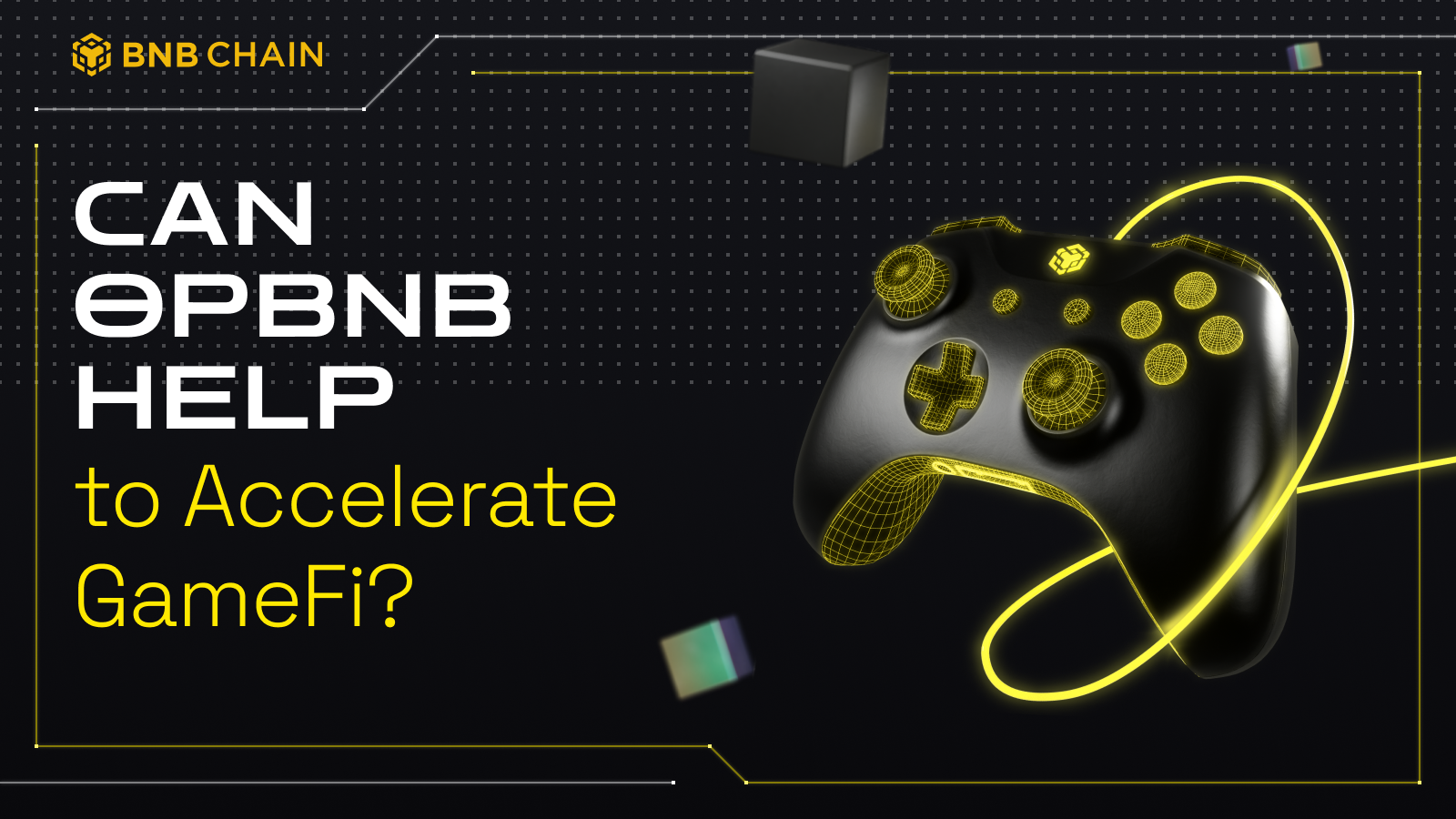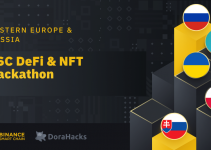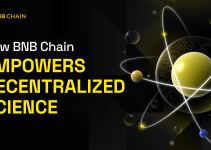Table of Contents

The gaming sector is experiencing a seismic shift with the emergence of GameFi, a novel blend of gaming and decentralized finance. The GameFi industry marked a notable achievement in 2022, witnessing a substantial influx of investor capital exceeding $2.5 billion by September.
By Q2 2023, investments in blockchain gaming and metaverse projects surged by 31% compared to Q1 2023, reaching a cumulative investment of $973 million. This trend is a part of the broader Web3 movement, signifying a shift from traditional gaming’s linear revenue models towards a more participatory and financially inclusive framework.
At the heart of this transformation is GameFi, a concept that merges the thrill of gaming with the financial incentives of blockchain technology, embodying the ‘play-to-earn’ (P2E) ethos. This model empowers players to not only enjoy their gaming experience but also to reap real-world economic rewards, thereby redefining the role of the player from a passive consumer to an active stakeholder.
However, this hyperfinancializtion of games has witnessed a few challenges along the way – from speculation of in-game currency that drives volatility, to blockchain features that pose as friction within the game loop. This article asks the question of whether opBNB, BNB Chain’s Layer 2 solution, can help accelerate GameFi.
Decoding GameFi: Beyond Gaming
Coined by Andre Cronje of Yearn Finance in 2020, GameFi synergizes blockchain technology, non-fungible tokens (NFTs), and immersive gaming mechanics. This model contrasts sharply with the previous era’s centralized game servers, where players had little to no ownership of in-game assets. In the GameFi ecosystem, players can earn valuable rewards, including NFTs or tokens, which carry external market value.
Key Features of GameFi include
- Blockchain Integration: Ensuring transparent, secure ownership and transaction records.
- Reward/Compensation Mechanism: Offering real-value rewards for in-game achievements
- Asset Ownership and Trade: Enabling players to own, trade, and capitalize on in-game items
- Financialization Elements: Incorporating yield farming, liquidity mining, etc., for enhanced earning potential
Additionally, distinguishing itself from traditional gaming models, GameFi operates on a decentralized system, empowering its community with governance and decision-making roles.
Transitioning to Web3 gaming involves intricate decisions around infrastructure and scalability, with issues like high gas fees and liquidity shortages posing significant challenges.
opBNB: Catalyzing GameFi Growth
For web3 gaming to gain widespread acceptance, many critics have pointed out that it is crucial to ensure a user-friendly experience akin to web2. In particular, a player’s wallet experience should seamlessly complement the game, ideally going unnoticed by players.
Before delving deepers on how users’ wallet experience can be improved, it’s important to grasp the two account types on Ethereum: Externally-Owned Accounts (EOA) and Smart Contract Accounts (SCA). Account abstraction involves replacing the fixed EOA with a dynamic SCA, therefore providing developers more flexibility.
Traditional EOAs, like MetaMask, have limited functionality, performing predefined actions. Account abstraction, on the other hand, allows for onboarding experiences comparable to web2, empowering developers to craft personalized gaming interactions.
opBNB offers a cost-effective solution for Account Abstraction (AA). It stands out by significantly reducing gas costs associated with AA (ERC4337) transactions through optimized processing and a streamlined approach. This efficiency ensures that the complexity of AA transactions doesn’t result in prohibitive costs for users and developers.
Integration of opBNB by dApp developers allows for a seamless user experience without high transaction fees, making opBNB a preferred choice in the AA landscape. Notably, platforms like Biconomy and Particle Wallet have successfully implemented opBNB’s AA solutions, showcasing its practical application and effectiveness in managing complexity and costs in real-world scenarios.
GameFi Projects Leveraging opBNB
Currently, BNB Chain processes around 2,000 transactions per second with an average transaction cost of $0.127. Whereas opBNB is able to process similar transactions at an average price 26 times cheaper (less than $0.005).
Powered by the Bedrock version of Optimism OP Stack, opBNB is designed to offload transaction processing and resource usage from BNB Smart Chain while still posting data to the underlying mainnet within an efficient timeframe.
A standout feature of opBNB is its capacity to support over 4,000 transactions per second, significantly surpassing the existing limits of the BNB Chain. This throughput is coupled with an impressively low average transaction cost, making it an economically viable solution for a wide range of users and is a motivator for several gaming dApps on BSC to integrate opBNB.
SecondLive: SecondLive is more than just a game; it’s a comprehensive 3D virtual world where players can create and embody their avatars.
Within this metaverse, participants engage in diverse activities such as virtual concerts, exhibitions, and social interactions. By utilizing opBNB’s high-performance capabilities, SecondLive offers a seamless, immersive experience, enabling players to create, share, and monetize content within a vibrant virtual community.
Gameta: Positioned at the intersection of casual gaming and blockchain technology, Gameta offers an array of hyper-casual games accessible via mobile devices.
This platform aims to bridge the gap between traditional (Web2) and blockchain (Web3) gaming by providing simple, engaging games that are easily downloadable and playable on various devices. Through opBNB’s infrastructure, Gameta ensures swift transactions, low fees, and high security, making the gaming experience more accessible and enjoyable for a broader audience.
Hooked: Hooked is pioneering a community-driven approach to Web3 adoption. Its focus is on empowering users with minimal crypto experience to participate actively in the crypto economy.
Hooked leverages opBNB’s advanced features to create an inclusive, efficient, and secure gaming environment. This protocol aims to streamline the transition to Web3 technologies, fostering collaboration and driving widespread adoption of blockchain gaming.
You can learn more about the many exciting GameFi projects building on opBNB by participating in the opBNB Airdrop Marathon!
Conclusion
GameFi is not only redefining gaming, but reshaping the digital entertainment landscape. By integrating blockchain technology and utilizing platforms like opBNB, GameFi projects such as SecondLive, Gameta, and Hooked are pioneering new ways for players to engage, earn, and own assets within the gaming world.
As this exciting field continues to evolve, it promises to unlock unprecedented opportunities for players and developers alike, heralding a new era of interactive digital experiences.


